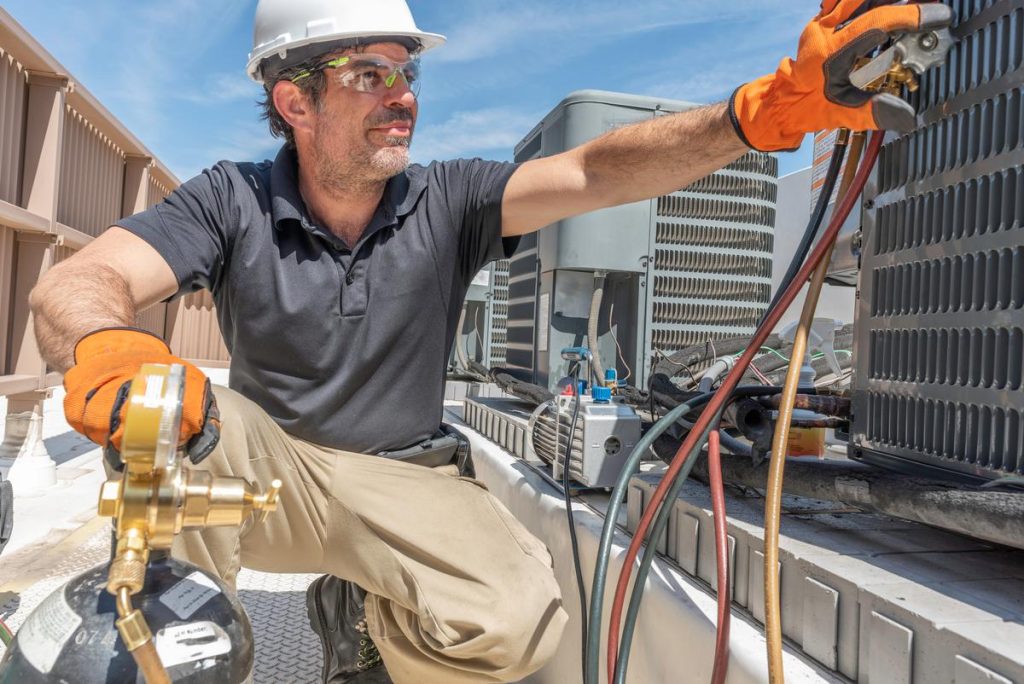Introduction
In today’s fast-evolving job market, the demand for skilled labor is on the rise, and trade schools in Hawaii are stepping up to meet that demand. With a focus on hands-on training, industry-relevant programs, and quick pathways to employment, these institutions are playing a pivotal role in building a resilient and skilled workforce across the islands. From construction and plumbing to healthcare and renewable energy, trade schools in Hawaii are becoming essential for students seeking practical and rewarding career paths.
The Rising Importance of Trade Schools in Hawaii
Meeting Local Industry Demands
One of the key reasons why trade schools in Hawaii are gaining popularity is their alignment with local economic needs. Hawaii’s economy relies heavily on sectors such as construction, tourism, hospitality, and healthcare — all of which require a strong base of skilled professionals. By offering specialized training tailored to these industries, trade schools in Hawaii are ensuring that graduates are job-ready the moment they complete their programs.
Supporting Infrastructure and Development
Hawaii continues to see investments in public infrastructure, residential housing, and commercial development. This growth fuels the need for electricians, welders, HVAC technicians, and carpenters — all careers that begin with training from trade schools in Hawaii. These schools equip students with the technical knowledge and hands-on experience needed to contribute immediately to critical projects.
Advantages of Attending Trade Schools in Hawaii
Faster Pathways to Employment
Unlike traditional four-year colleges, trade schools in Hawaii typically offer programs that can be completed in one to two years. This allows students to enter the workforce faster and begin earning sooner. Many graduates secure employment before they even finish their training, thanks to strong industry partnerships and on-the-job learning opportunities.
Lower Cost of Education
Higher education can be costly, but trade schools in Hawaii provide a more affordable alternative without sacrificing quality. With lower tuition fees, fewer years in school, and opportunities for financial aid, these schools make education accessible to a wider population, including working adults and recent high school graduates.
Practical, Hands-On Learning
A major benefit of trade schools in Hawaii is the emphasis on real-world experience. Students spend significant time in labs, workshops, and apprenticeships, gaining valuable hands-on skills that employers seek. This practical approach to education ensures that graduates are confident, competent, and immediately effective in their roles.
Popular Programs Offered by Trade Schools in Hawaii
Construction and Building Trades
Given the ongoing development across the islands, construction-related programs are among the most sought-after in trade schools in Hawaii. Students can pursue training in carpentry, masonry, heavy equipment operation, and more.
Healthcare and Medical Support
With a growing and aging population, the demand for healthcare workers is higher than ever. Trade schools in Hawaii offer programs for medical assistants, nursing aides, dental hygienists, and other support roles vital to the healthcare system.
Renewable Energy and Sustainability
As Hawaii pushes toward clean energy goals, trade schools in Hawaii are responding with programs in solar installation, energy auditing, and green building. These programs prepare students for jobs that contribute to a sustainable future for the islands.
Building a Stronger Future Through Skilled Trades
Strengthening the Local Workforce
By offering targeted training in high-demand fields, trade schools in Hawaii are not only providing individuals with career opportunities but also contributing to the overall economic resilience of the state. A well-trained workforce supports local businesses, reduces unemployment, and keeps talent within the islands.
Encouraging Lifelong Learning
Many trade schools in Hawaii offer continuing education and certification programs, allowing professionals to upgrade their skills and stay competitive in the job market. This flexibility supports career growth and long-term success.
Conclusion
As Hawaii continues to evolve, trade schools in Hawaii are emerging as vital institutions for workforce development. They offer practical, affordable, and effective education paths that meet the needs of both students and industries. From building homes to saving lives, the graduates of trade schools in Hawaii are making a real impact across the state. For anyone looking to gain valuable skills and secure a meaningful career, trade schools in Hawaii are a smart and strategic choice.
